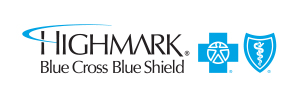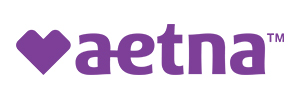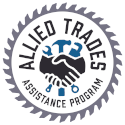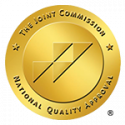The relationship between age and drug addiction is a complex one. Many factors play a role in this relationship, including social aspects, mental health issues, social exclusion, isolation, physical changes, family dynamics, social support systems, and access to care. Looking at these issues can also give us clues on what recovery challenges to expect based on age.
Relationship Between Age and Drug Addiction
The link between age, addiction, and mental health is often underestimated. Addiction can happen at any age; however, different age groups can present unique challenges for those in addiction recovery. Using an age-sensitive approach can help select which treatment program is the best fit.
Drug Addiction and Young Adults
Substance abuse among young adults is often related to their attempts to deal with the increasing pressure of becoming an adult. The significant life changes that 18-to-25-year-olds experience when transitioning into adulthood comes with a range of emotions. The recovery process in one’s 20s will go up against the stress of significant life changes, such as moving away from home, starting or ending meaningful relationships, career changes, and increasing responsibilities.
Adolescents tend to find themselves in a time of transition, which often leads to experimentation with drugs and alcohol. Young adults in recovery often experience various challenges, such as academic difficulties, poor peer relationships, involvement in the juvenile system, or health-related issues, including mental health disorders. Millions of young adults live with a mental or substance use disorder. Many either do not realize they have one or are not paying attention to the signs and do not seek help, according to the Substance Abuse and Mental Health Services Administration (SAMSHA). According to SAMSHA, 8.9 million young adults have reported having a mental illness in 2018. Of those, 2 out of 5 went without treatment. Those who experience substance abuse in adolescence are more likely to continue their misuse of substances into adulthood, so it is crucial to address any misuse early on.
Drug Addiction Recovery and Older Adults
People tend to experience social, emotional, and physical changes with age, making them more vulnerable to mental health issues, including substance abuse.
A lack of support–whether brought on via isolation or loneliness–can significantly contribute to drug abuse among older populations. Furthermore, the stigmatized nature of addiction can prevent older generations who highly value privacy from coming forward for help. Emotionally, this stage of life may see significant events such as deaths of loved ones, retirement, and loss of financial status. These factors can act as stressors that can lead to a relapse. Physically, recovery from addiction can take on new obstacles as age-related changes to metabolism often make older people more sensitive to drugs’ effects. Those over 40 can develop specific symptoms of chemical dependence, especially if the substance use has been going on for a long time. Their health may be precarious after years of drug abuse, becoming an obstacle to recovery.
Using Mindfulness-Based Treatment at Any Stage
It is often common in the different stages of life to deal with anxiety, stressful relationships, changing jobs, and other adulthood issues.
In these challenging times, individuals often self-medicate with alcohol or drugs to cope with the pressure of life. This self-medicating behavior can lead to a relapse. It is essential to be aware of any potential triggers and use the tools and resources to prevent a relapse. Many tools and resources are available, such as support groups, medication-assisted treatment, and mindfulness-based applications. According to a 2013 study published in the journal Psychology of Addictive Behaviors, incorporating mindfulness and meditation into addiction treatment programs could help prevent relapse. Mindfulness practice can help individuals learn how to regulate their emotions and thoughts through mindfulness.
With our mindfulness-based outpatient treatment program, individuals can learn how to incorporate mindfulness-based techniques into their everyday life. Sobriety Solutions of New Jersey’s Mindfulness-Based Program teaches individuals to redefine the nature of stressful situations and stimuli that might trigger a fight or flight response. Our Mindfulness-Based Program includes mediation groups, basic instructional meditation practices, breathing exercises, and trauma processing through the holistic art of mediation. Our outpatient drug treatment center is in a calm, supportive, and safe treatment environment. Over time, the triggers become less daunting and more manageable through treatment.
Get Help Now
It’s essential to be aware of how different physical, psychological, and social factors can coincide with recovery depending on one’s age. Our goal is to help you better understand and equip yourself for the challenges your loved one may be going through–whatever stage of recovery.
Are you looking for drug addiction treatment options for yourself or your loved one? Our team is available 24/7 to help those suffering from addiction to find long-term recovery. For more information about our programs, visit our website or call us today at (833)- 347-1653.










